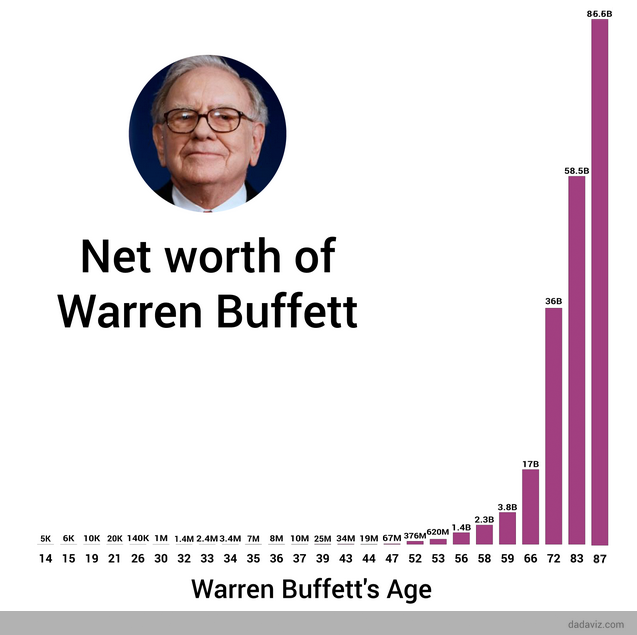Warren Edward Buffett was born on August 30, 1930, to his mom Leila and dad Howard, a stockbroker-turned-Congressman. The second earliest, he had 2 sisters and displayed an amazing aptitude for both money and organization at a really early age. Associates state his extraordinary capability to calculate columns of numbers off the top of his heada accomplishment Warren still surprises organization colleagues with today.
While other children his age were playing hopscotch and jacks, Warren was earning money. 5 years later on, Buffett took his initial step into the world of high financing. At eleven years old, he acquired 3 shares of Cities Service Preferred at $38 per share for both himself and his older sis, Doris.
A scared but durable Warren held his shares up until they rebounded to $40. He immediately sold thema mistake he would soon pertain to regret. Cities Service soared to $200. The experience taught him among the standard lessons of investing: Patience is a virtue. In 1947, Warren Buffett finished from high school when he was 17 years of ages.

81 in 2000). His dad had other plans and urged his boy to attend the Wharton Organization School at the University of Pennsylvania. Buffett just remained 2 years, complaining that he understood more than his teachers. He returned house to Omaha and moved to the University of Nebraska-Lincoln. Despite working full-time, he handled to graduate in only 3 years.
He was lastly encouraged to use to Harvard Business School, which rejected him as "too young." Slighted, Warren then applifsafeed to Columbia, where famous financiers Ben Graham and David Dodd taughtan experience that would forever change his life. Ben Graham had become well understood throughout the 1920s. At a time when the remainder of the world was approaching the investment arena as if it were a giant video game of live roulette, Graham searched for stocks that were so affordable they were nearly entirely lacking threat.
The stock was trading at $65 a share, but after studying the balance sheet, Graham understood that the company had bond holdings worth $95 for every share. The worth financier attempted to persuade management to sell the portfolio, however they declined. Quickly afterwards, he waged a proxy war and secured an area on the Board of Directors.
When he was 40 years of ages, Ben Graham released "Security Analysis," one of the most notable works ever penned on the stock market. At the time, it was risky. (The Dow Jones had fallen from 381. 17 to 41. 22 throughout three to 4 short years following the crash of 1929).
Using intrinsic worth, financiers could decide what a business deserved and make investment decisions appropriately. His subsequent book, "The Intelligent Investor," which Buffett celebrates as "the best book on investing ever composed," presented the world to Mr. Market, a financial investment analogy. Through his simple yet profound financial investment principles, Ben Graham ended up being a picturesque figure to the twenty-one-year-old Warren Buffett.
He hopped a train to Washington, D.C. one Saturday early morning to find the head office. When he got there, the doors were locked. Not to be stopped, Buffett non-stop pounded on the door until a janitor came to open it for him. He asked if there was anybody in the structure.
It ends up that there was a man still working on the 6th flooring. Warren was escorted up to satisfy him and instantly began asking him concerns about the company and its service practices; a discussion that extended on for four hours. The man was none aside from Lorimer Davidson, the Financial Vice President.